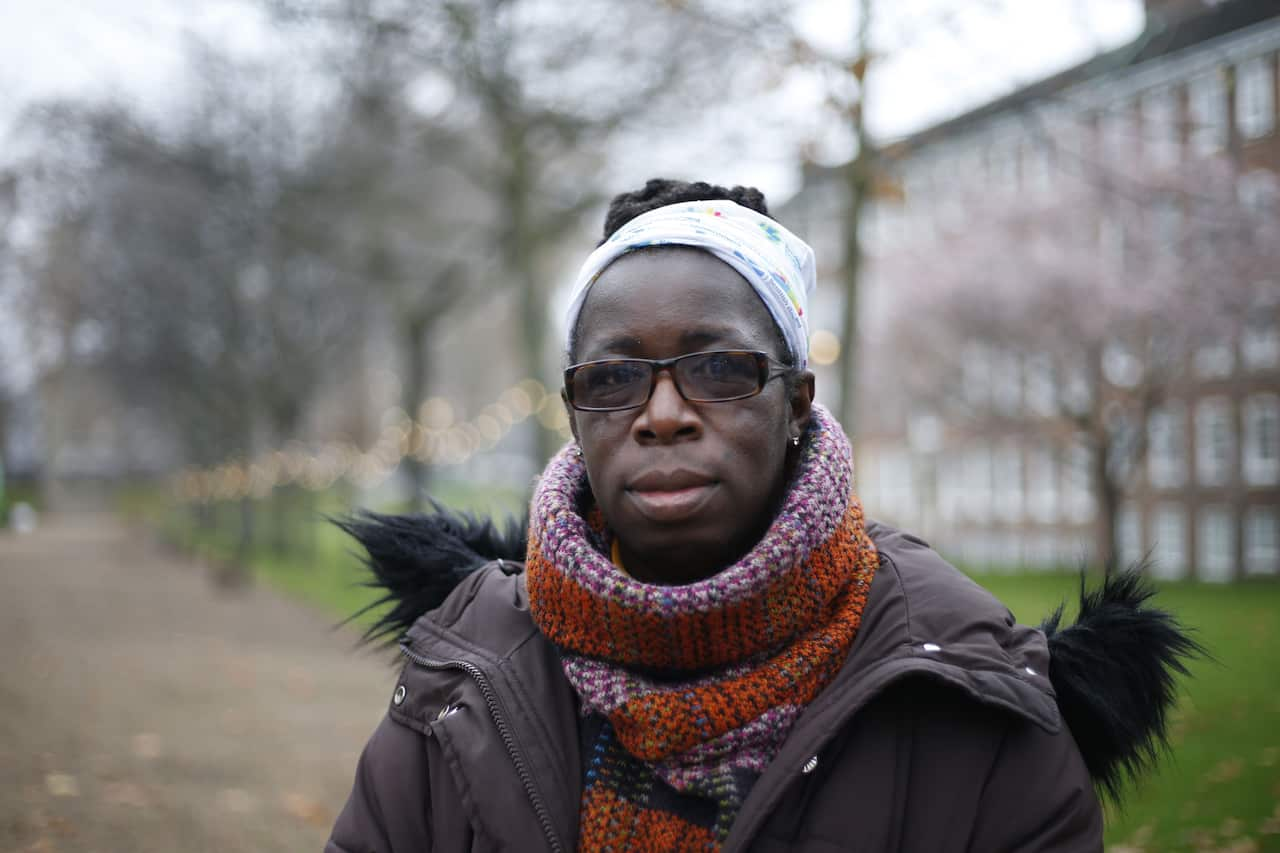The mother of a nine-year-old British girl who died after a severe asthma attack called for a public health campaign warning of the dangers of air pollution, after a coroner ruled it contributed to her death.
In a legal first, coroner Philip Barlow on Thursday said poor air quality from vehicle emissions made a "material contribution" to the 2013 death of Ella Adoo-Kissi-Debrah, who lived near a busy road.
London Mayor Sadiq Khan called the ruling a "landmark moment" and called air pollution a "public health crisis", while campaigners said it should now lead to an overhaul in policy.
Ella's mother, Rosamund, welcomed the coroner's ruling, which she said should contribute to improving the lives of children struggling with asthma because of poor air quality.

"As we walk around our city, there are still illegal levels of air pollution. This matter is far from over," she told reporters.
"There needs to be a whole health campaign about this. This is a very serious health matter ... Hopefully this [ruling] will change that."
Ella died of acute respiratory failure in February 2013 after a serious asthma attack. She had been taken to hospital nearly 30 times in the previous three years with breathing difficulties.
The young girl lived in southeast London just 30 metres from a major ring road in the British capital, which is often clogged with heavy traffic.

The coroner's ruling is the first to have poor air quality recorded as a factor on a death certificate.
He said Ella was "exposed to levels of nitrogen dioxide in excess of World Health Organization guidelines. The principal source of her exposure was traffic emissions".
He said it was also important to record a "recognised failure" to reduce those NO2 levels to within UK and EU limits, "which possibly contributed to her death".
Information was not provided to her mother that may have prompted her to take action that might have prevented the girl's death, he added.
A first inquest in 2014 determined that Ella died of acute respiratory failure. But the ruling was overturned and a new hearing ordered after a review of the case.
Air pollution expert Stephen Holgate found a "striking link" between spikes in NO2 and harmful particulate matter and the occasions that she was taken to hospital for treatment.
He told the inquest she was "living on a knife-edge" because of her surroundings and the air quality in her neighbourhood, which exacerbated her condition.
Winter air pollution worsened her asthma in the months leading up to her death, added Professor Holgate, an expert in immunopharmacology at the University of Southampton.
'Incredibly distressing'
Asthma Australia chief executive Michele Goldman said poor air quality was a major risk factor for people with asthma in Australia.
"It's incredibly distressing to hear that there's conclusive evidence that (Ella's) death was the result of air pollution," she told SBS News.
"We've known for some time that air pollution is incredibly harmful to health."
Government data suggested some 3000 Australian deaths were each year linked to urban air pollution, she said.
"The levels in our community are such that they are too high. And as we go about walking, exercising, travelling, and living our lives, we are breathing in these really toxic pollutants that are making their way into our lungs and our other organs."
Public health emergency
The inquest was told that air pollution had been a known factor in worsening asthma, including in children, for at least four decades.
Air pollution readings one 1.6 kilometres from Ella's family home consistently broke lawful EU limits in the three years before her death, the coroner was told.
Rosamund Adoo-Kissi-Debrah said she would have moved from the area had she been aware of the effects of air quality on her daughter's health.
She now wants a new Clean Air Act to be her daughter's legacy.
The British Lung Foundation and Asthma UK said the inquest had laid bare the "invisible dangers of breathing dirty air".
"Today's verdict sets the precedent for a seismic shift in the pace and extent to which the government, local authorities and clinicians must now work together to tackle the country's air pollution crisis," said co-chair Sarah Woolnough.
Between 28,000 and 36,000 deaths in Britain each year are thought to be linked to air pollution.
According to figures from the London mayor's office, WHO-recommended limits for air pollution are broken in virtually all of the British capital.
Across the world, the global health body says air pollution kills some seven million people every year and nine out of 10 people breathe air that exceeds guideline limits on pollutants.

